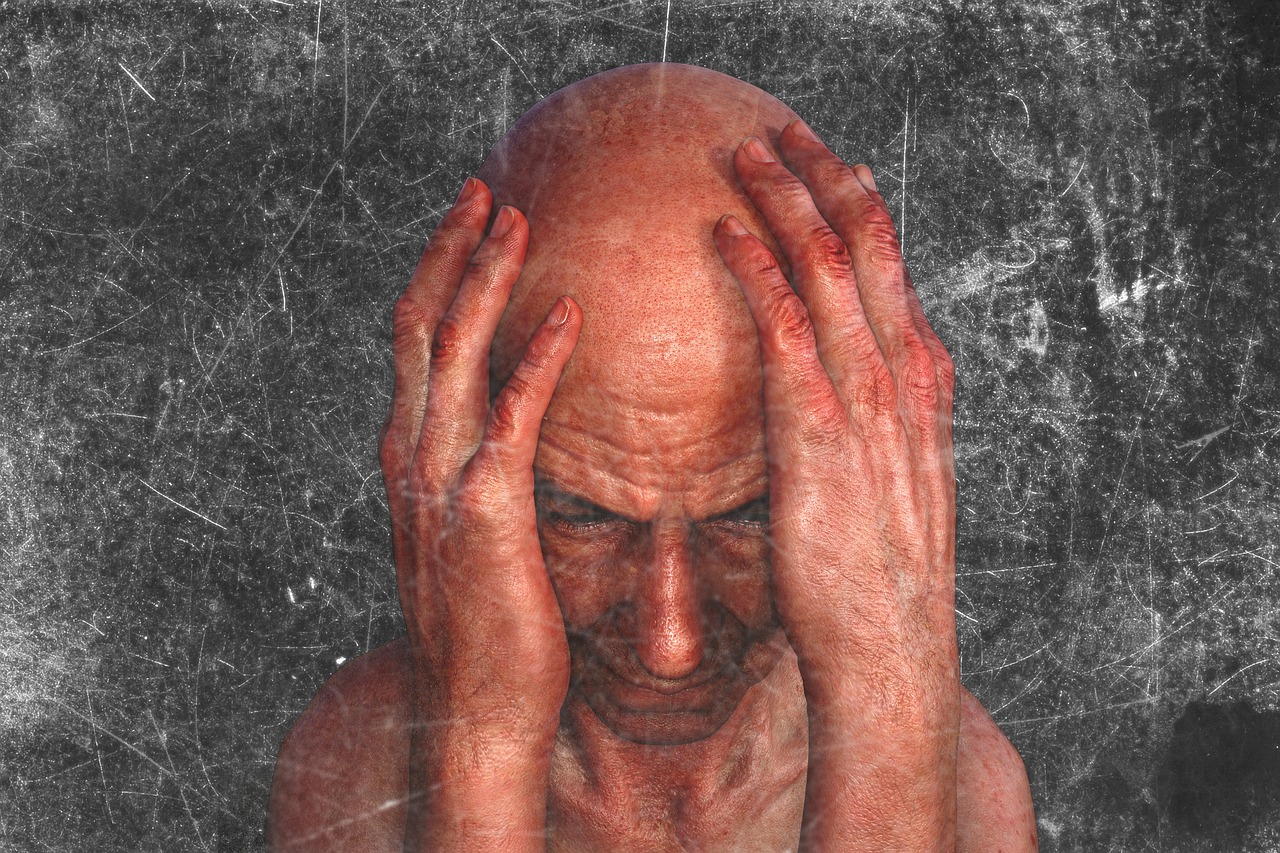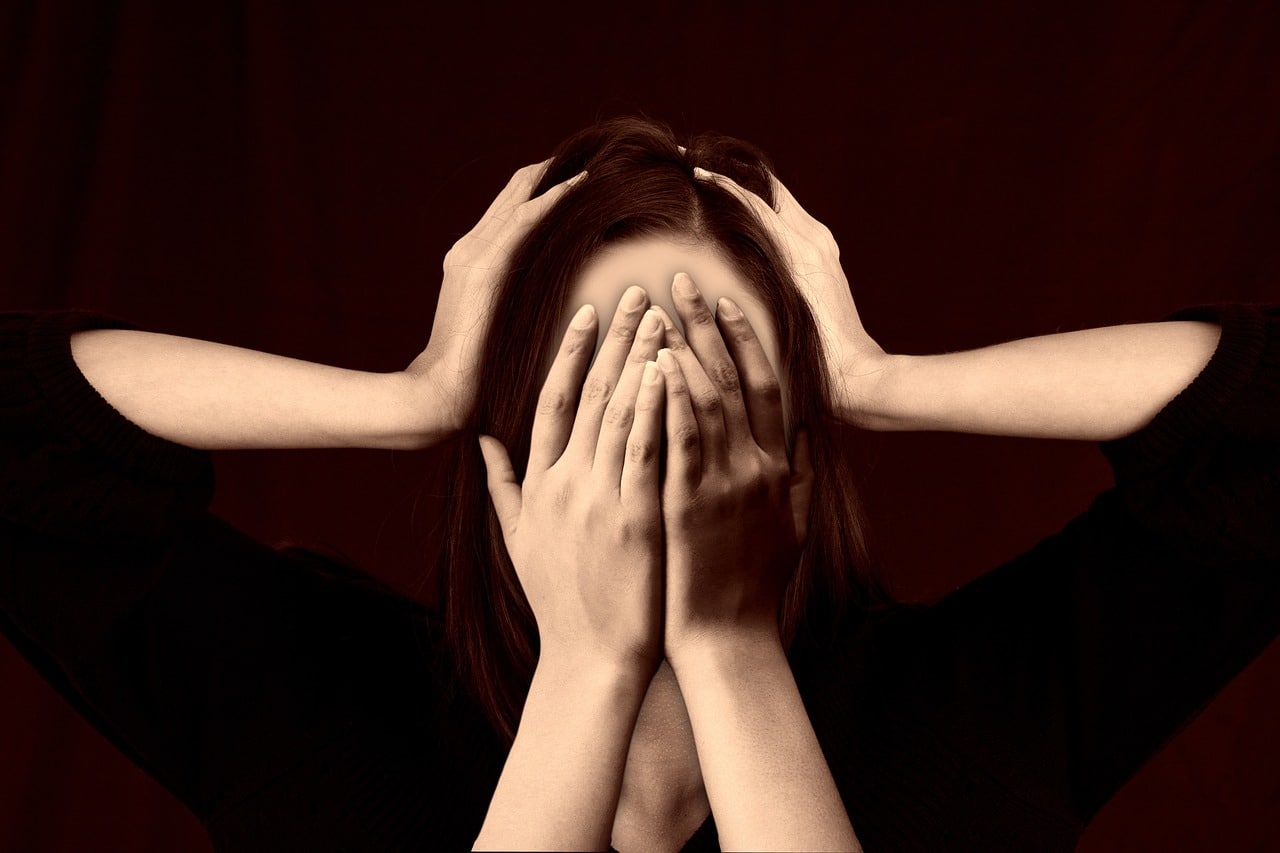
Psychosis is a type of mental illness.
Psychosis is a typology of mental illness characterized by delusions and hallucinations . It is a generic concept that includes diseases such as paranoia and schizophrenia, and is linked to the loss of contact with reality .
Some of the following symptoms are commonly associated with psychosis: disordered thinking; intense and sudden alterations in behavior; isolation and cessation of communication with other people; the feeling of being watched or followed, that other people represent a risk; speak alone, assuming there is an interlocutor (soliloquy); hearing someone speak to us (auditory hallucinations ); experiencing visions (visual hallucinations); feeling confused or forgetting things easily; and believe that we cannot achieve our goals.
The list continues, and the feeling of guilt and depression can be added, but it is important to note that the points just mentioned do not necessarily indicate that a psychotic-type disorder occurs, since it is possible to experience these symptoms through excessive consumption of narcotics or after having experienced very stressful events, among other possibilities.
Origin of psychosis
This disorder can originate from a large number of physiological phenomena , whether functional or organic; For this reason, it has come to be believed that this mental illness is equivalent to fever, in that it represents a serious but non-specific situation. On the other hand, it is believed that psychosis does not entail a disconnection from the normal conscious plane, which makes it clear that in many cases, a particularly difficult and distressing stage in an individual's life during which he or she experiences some of the associated symptoms. to psychosis, can lead to misdiagnosis.
Throughout history, numerous classifications of psychoses have been recognized; Depending on some of their symptoms, certain groups can be established, such as those who present hallucinatory or non-hallucinatory delusions , credible and implausible delusions, and well-systematized delusions (with their expected counterpart). As in all science, years of research and observation have allowed specialists to find increasingly specific patterns, which make the study of this disease more efficient.

Psychosis has physiological causes.
Classification according to type
Currently, worldwide, when you want to identify a type of psychosis, the DSM-IV system is taken as a reference, a manual that collects statistical information on mental illnesses and belongs to the American Psychiatric Association . According to this document, the following types of psychoses are recognized, among others:
- Schizophrenia , which in turn is divided into paranoid, disorganized, catatonic, undifferentiated or residual type.
- Schizophreniform disorder.
- Schizoaffective disorder.
- Delusional disorder.
- Psychotic disorder, which can be brief, shared, induced by the consumption of certain substances, or due to a related illness, although it may also have unspecified causes.
- Colloquial language often associates psychosis with madness . However, phobias , panic attacks or repeated behaviors by those who suffer from obsessive-compulsive disorders are not part of what can be considered madness from a psychiatric point of view.
Psychosis can be treated with antipsychotic therapy and medications. In the most favorable cases, therapy can help the patient to the point where they can adapt socially without needing to take medication.
Movie "Psycho"
Psycho , finally, is a film directed by Alfred Hitchcock that was released in 1960 . It is based on a novel written by Robert Bloch , who, in turn, was inspired by a serial killer named Ed Gein .
The film earned four Oscar nominations and had a remake in 1998 .
